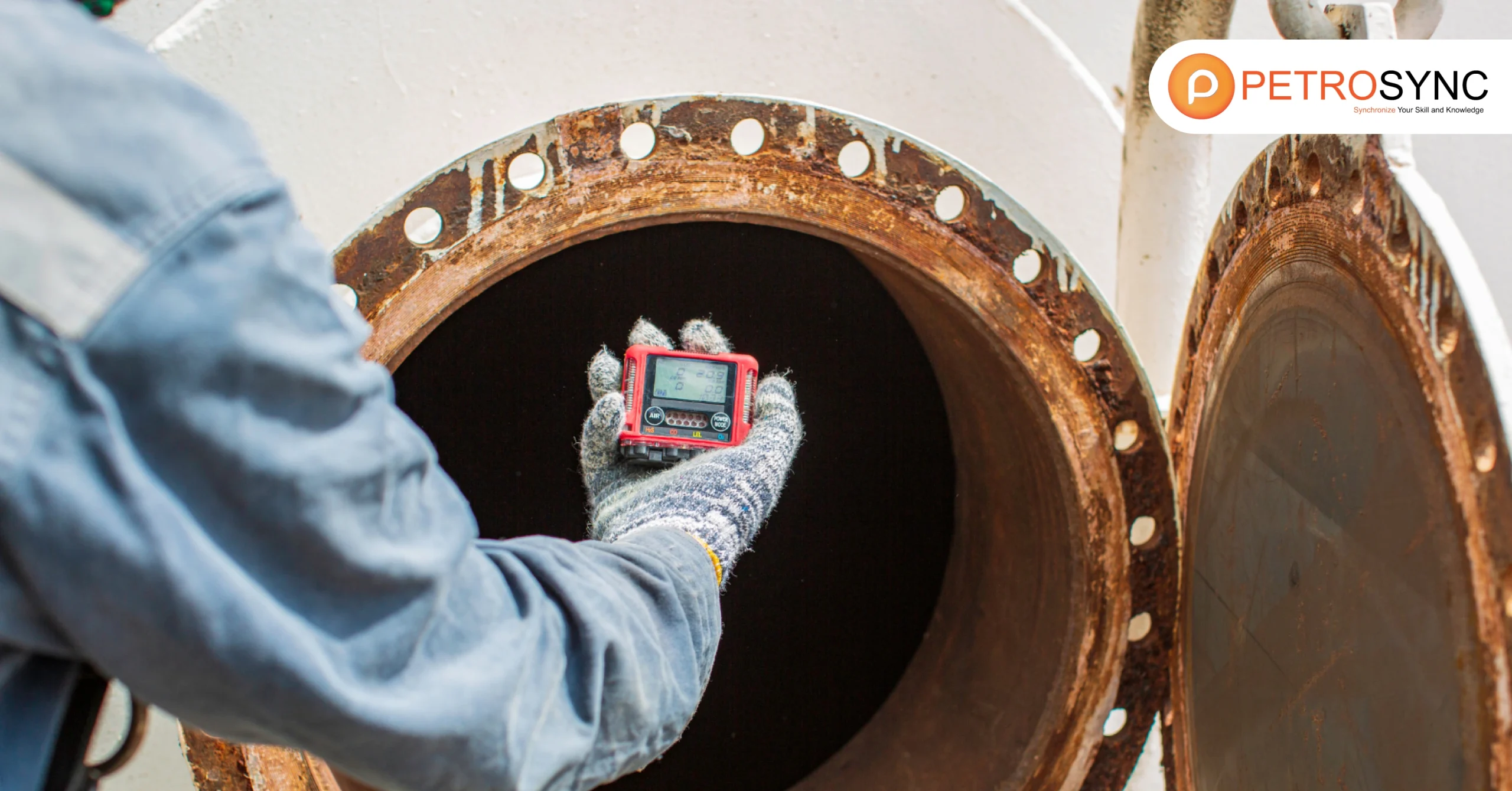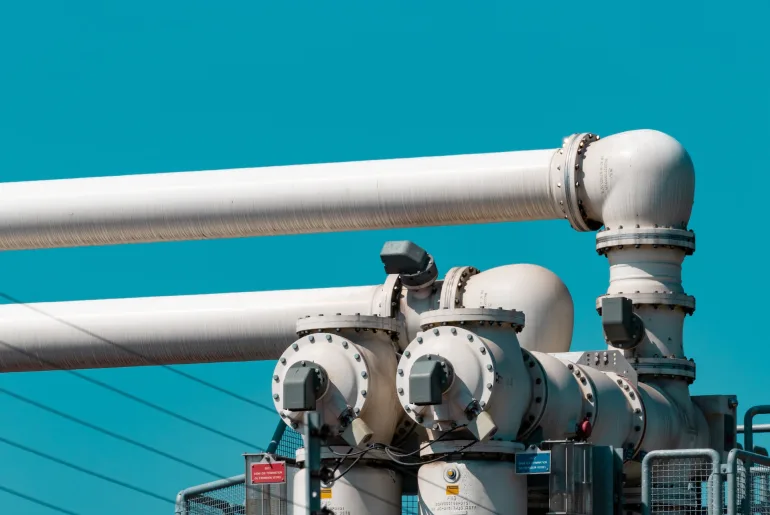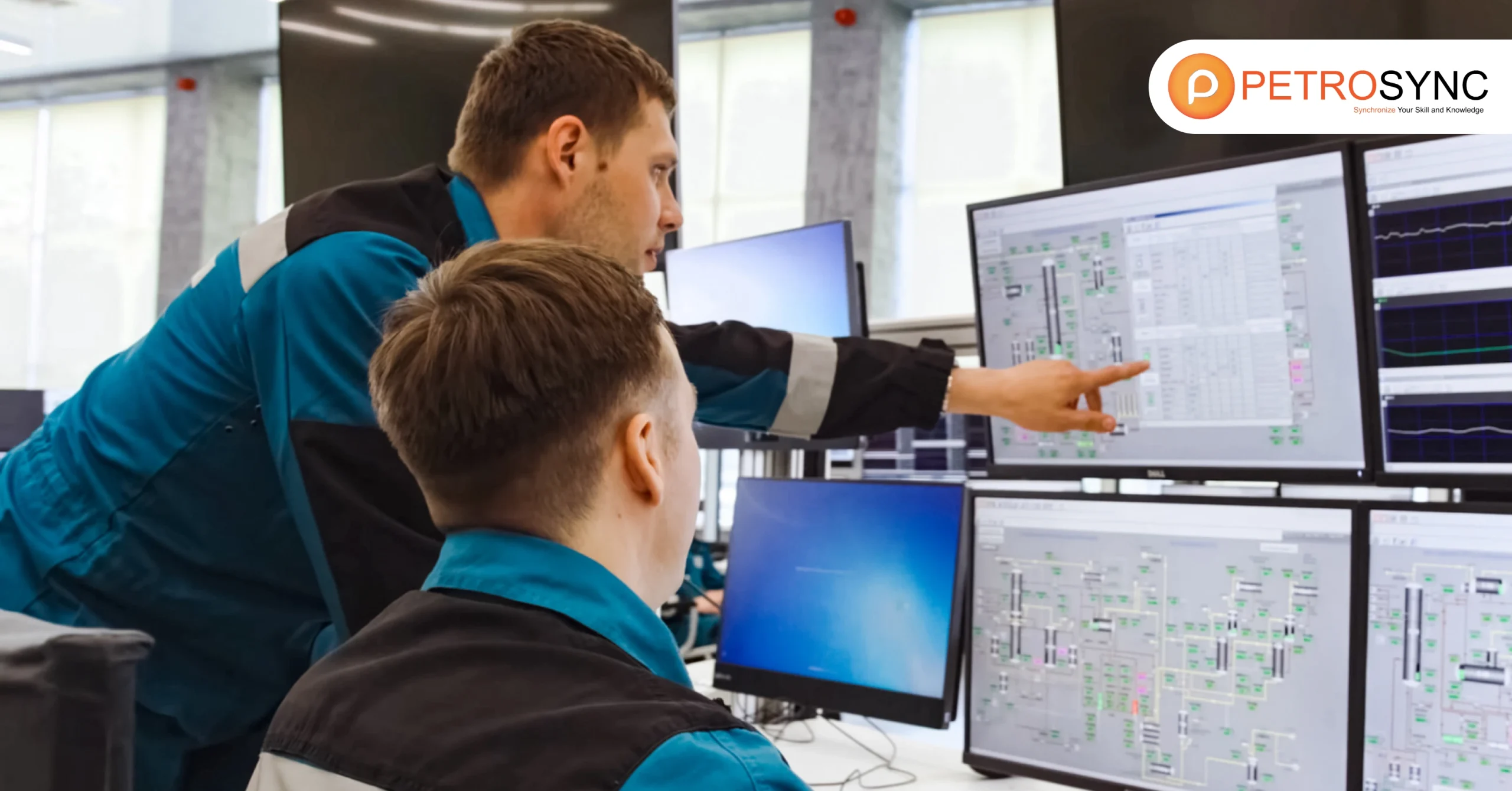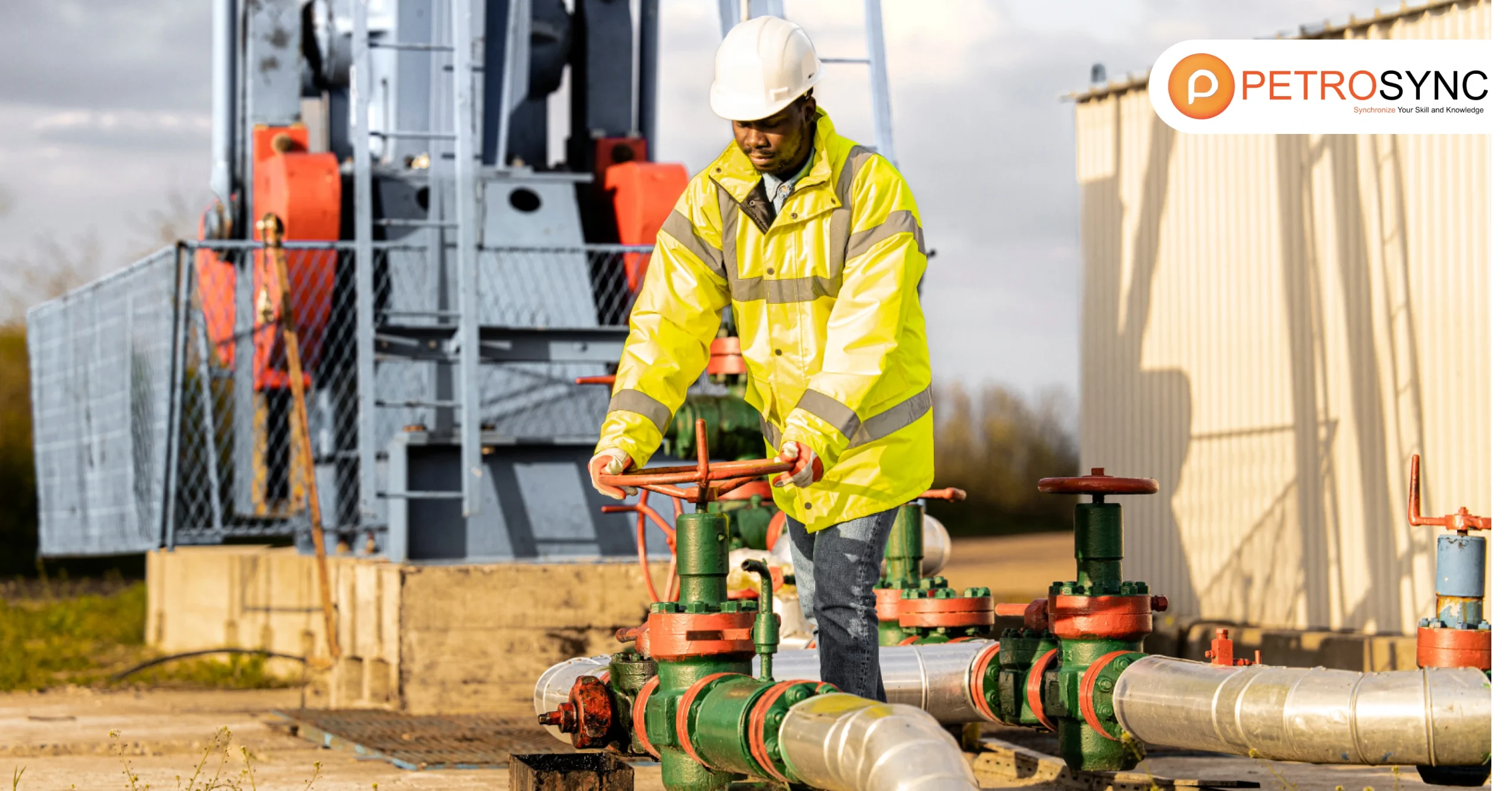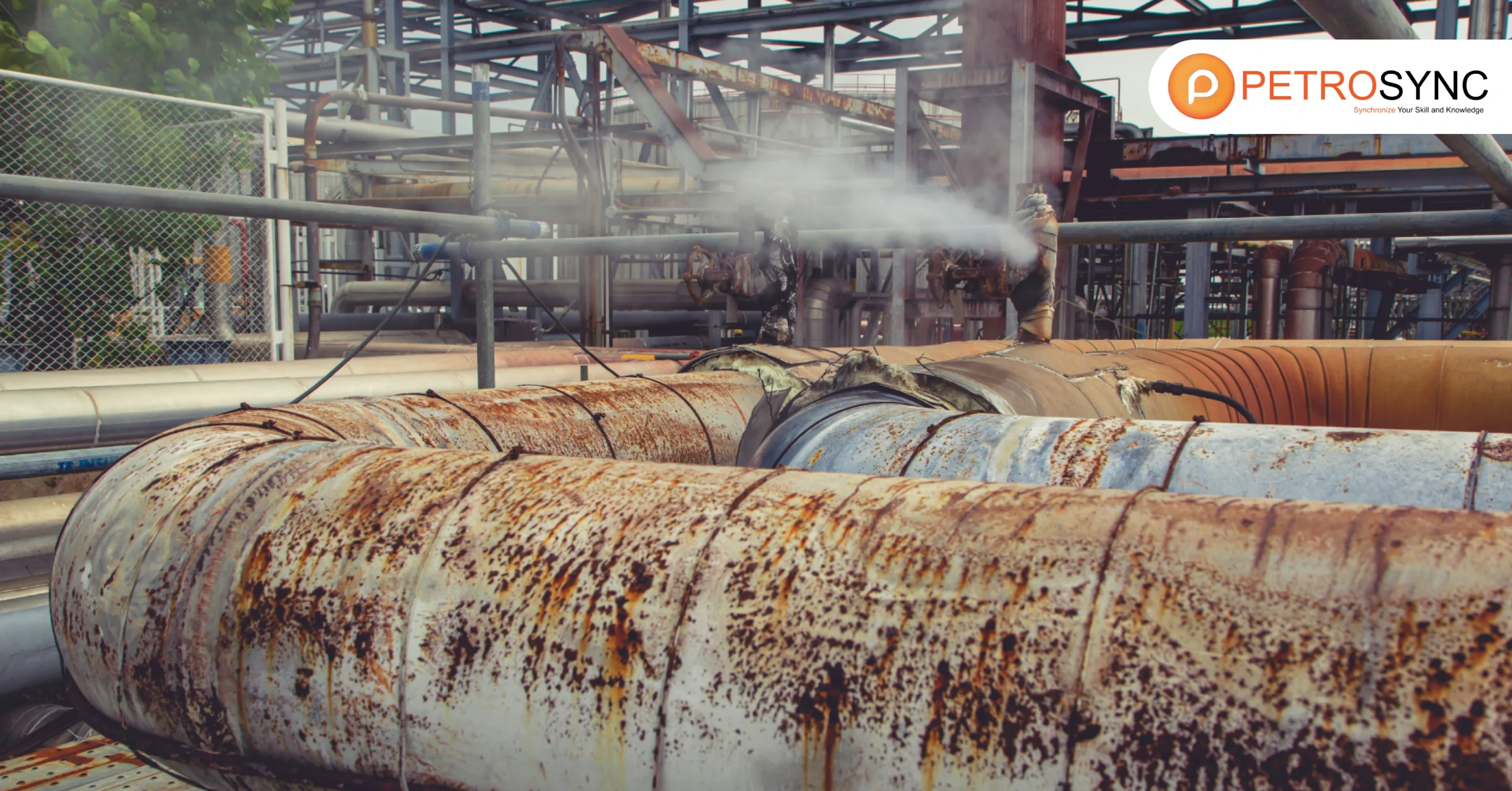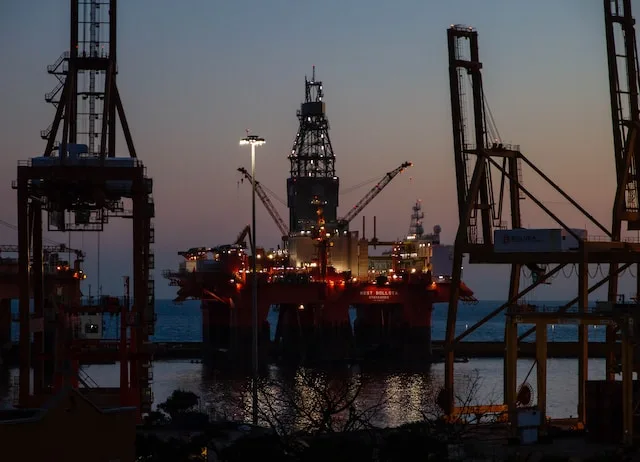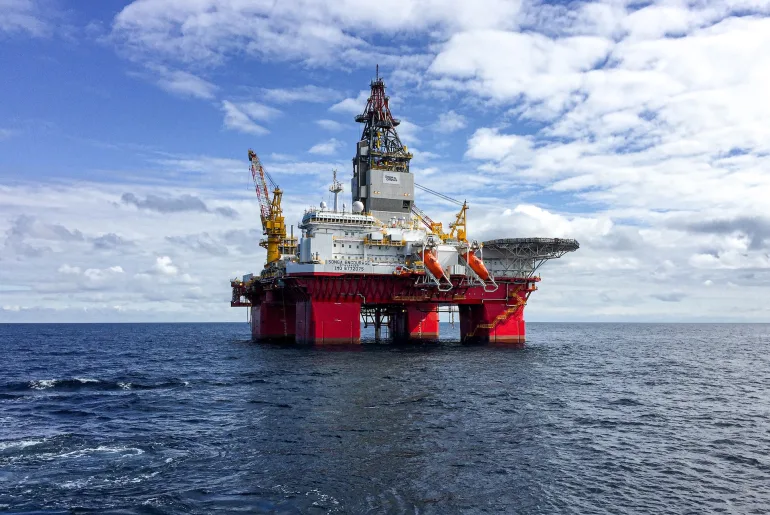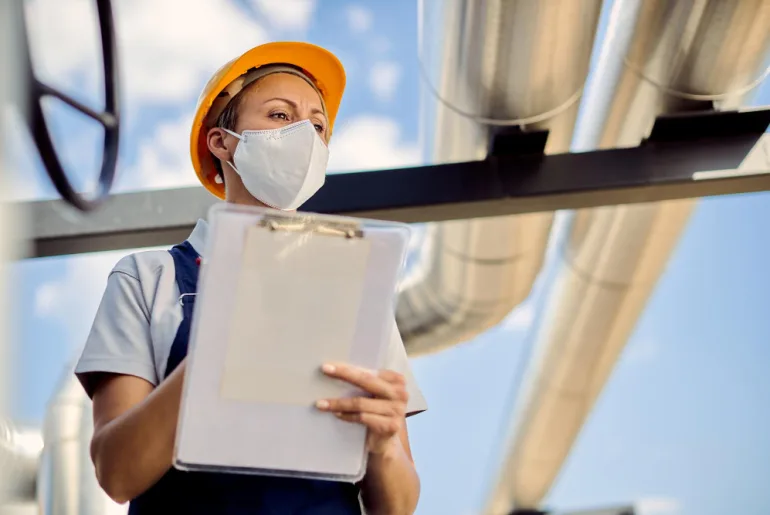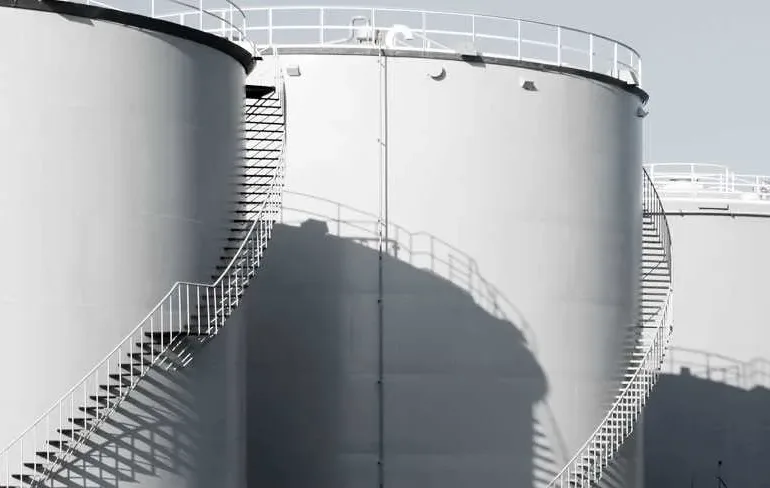API 510 is standard is one of the widely used standards with a broad scope in the field of industrial safety and equipment management. In this article, you will delve into the detailed scope of API 510, which encompasses essential…
Api 570 is having a comprehensive understanding of the API 570 exam and its related information is crucial before registering. Within the industry, API 570 certification holds significant value, especially in the world of piping inspection. To ensure a successful…
The American Petroleum Institute (API) is a certification service provider specifically for participants who wish to enhance their knowledge, skills, and insights. The API has standards that exist in the oil and gas, petrochemical, and energy industries. Therefore, it is…
In today’s competitive world, especially in industries like oil and gas, petrochemicals, and energy, ensuring safety and operational efficiency is vital. Risk-Based Inspection (RBI) has established itself as a reliable strategy for monitoring and maintaining critical assets in order to…
In today’s high-stakes industries like oil, gas, petrochemical, and energy, managing risk is paramount. Effective risk-based inspection (RBI) frameworks ensure that assets remain safe, reliable, and compliant with regulations. The API 580 certification course on Risk-Based Inspection is designed to…
Corrosion is a constant challenge in industries such as oil, gas, and petrochemicals, where asset integrity is paramount. The complexities of identifying, understanding, and mitigating corrosion-related issues necessitate specialized knowledge and skills. If you’re a professional in the energy sector…
Coiled tubing is a long, flexible tube made of steel or composite materials that can be wound onto a sizable reel for easy transportation. Coiled tubing operation has become a crucial tool in the oil and gas industry, offering engineers…
Reservoir pressure is a critical aspect of reservoir engineering, significantly impacting oil and gas reservoir behavior and productivity. Understanding its various types and influence on fluid dynamics is essential for optimizing hydrocarbon recovery and maximizing well performance. This article delves…
Wall thickness measurement is a critical practice that enables industries to assess the thickness of walls and surfaces in various equipment and structures. By employing advanced measurement techniques, companies can proactively detect thinning or corrosion, ensuring the integrity and safety…
Are you planning to take the API 653 certification course and wondering about the course preparation fee? We have got you covered! In this detailed guide, we will share all the aspects of the API 653 prep course fee. From…

